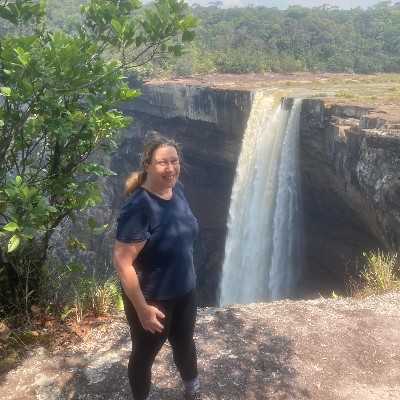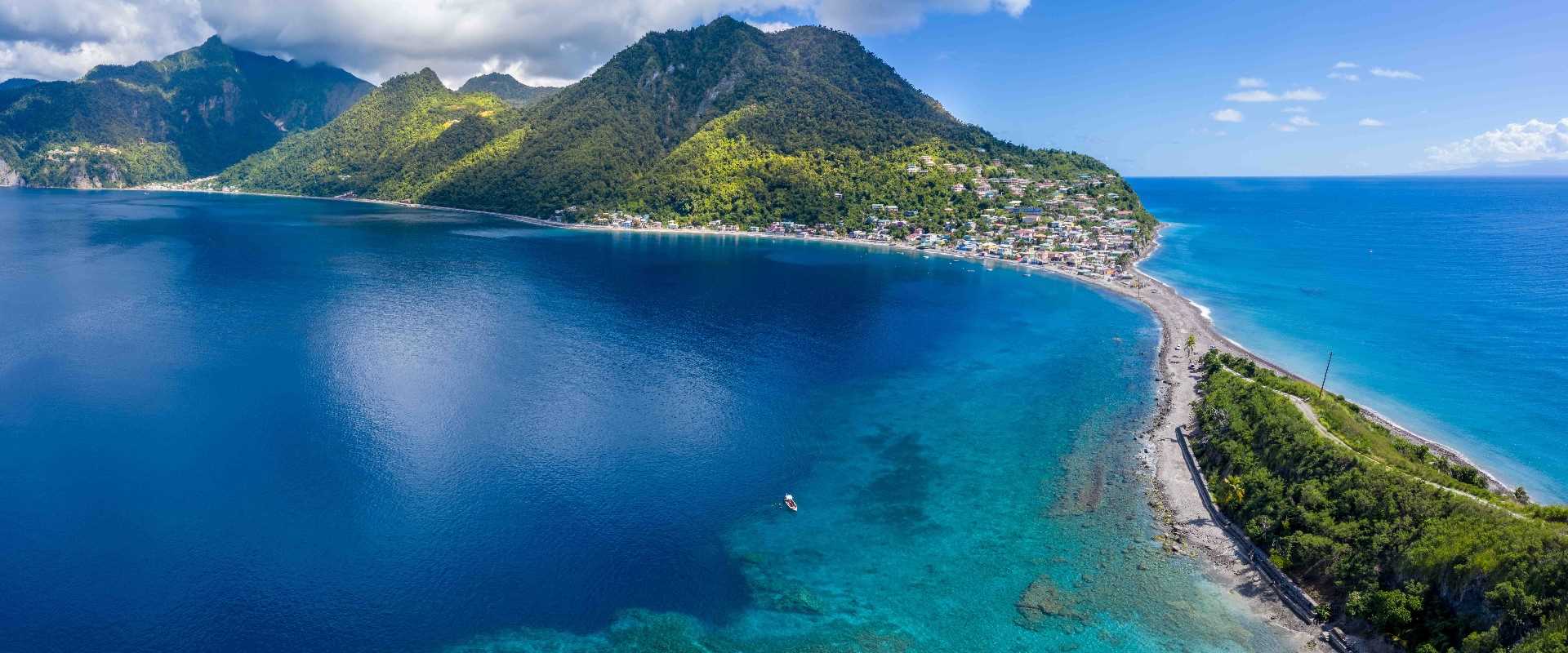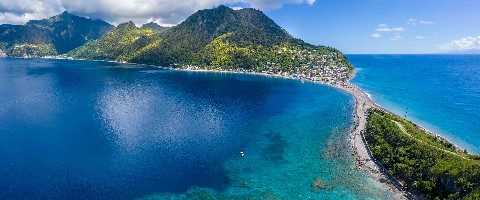Currency
The monetary unit is the EASTERN CARIBBEAN DOLLAR (EC$). The EC$ has been fixed to the US$ since 1979 at 2.7 EC$ TO $1 US. Needless to say, US$ are accepted throughout the island. Euros are also usually accepted, but not Pounds Sterling. Hotels will change money, but they charge as much as 5% for doing so. Most shops and hotels accept all debit and credit cards, but not necessarily American Express. There are ATM machines, but they do not always work with European cards, even if they display a Visa or Mastercard symbol. Make sure you have cash, along with notes in small denominations, which are very handy for tips.
Visas
UK passport holders do not need visas for travel to Dominica. Please ensure that your passport has at least six months to run. Please also take several photocopies of the main page of your passport with you. If you are a foreign national living in the UK, please ensure that you have all the correct papers before leaving the UK. If your paperwork is not in order, you will be refused entry back to the UK and fined a minimum of £2,000 per person; we cannot be held responsible for any such consequences.
Vaccinations/Health
Typhoid, Tetanus, Polio (for small children) and Hepatitis ‘A’ vaccinations are advisable and yellow fever (10 days to become effective) is recommended for those who, during the last three months, have visited Bolivia, Colombia, Ecuador, French Guyana, Peru, Venezuela and a number of sub-Saharan African countries. We also recommend the use of a waterproof sun-block to protect your skin against the strong tropical sun. The heat and humidity of the tropics make you perspire and can also make you feel lethargic. Make sure you drink plenty of liquids, and especially water. There is no endemic malaria, but other mosquito-borne diseases to avoid include Dengue fever, Zika and Chikungunya, so make sure that you use a good repellent. Tap water is safe to drink but, if you have a sensitive stomach, drink bottled water only.
Language
English is the official language, but Creole is also spoken
Food & Drink
There are a great many traditional dishes and soups with Creole influence. Fish is plentiful. Local restaurants tend to use plantain freely and tend to overcook meat and fish but the more forward-looking restaurants adopt a more modern approach to cooking. Exotic fruits are also bountiful. Rum Punch, beer (try the excellent local beer, Kubuli), cocktails, and fruit juices are prevalent – but not so much wine.
Beaches on Dominica
Dominica is an island of many coves, mostly with black sand, as befits a volcanic island. There are many beaches. Tourism is in its infancy, so you will not find the beaches crowded; many require a long walk! Think of Greece many years ago. Two beaches stand out, being the long dark sand Mero beach on the west coast, and the picture-perfect Batibou white sand beach on the north coast (20 minutes’ walk). If you swim at Champagne beach, in the south west, you will be tickled by the bubbles coming from tiny volcanic fissures in the sand - delightful! Bring a snorkel as you will never have seen so many fish.
Driving in Dominica
Driving is on the left, as in the UK. Outside the capital, Roseau, there is relatively little traffic. Areas around Roseau can become crowded when there is a cruise ship arrival. The main roads are kept in fairly good condition and are very much like our B roads in the UK. Because of the terrain, the roads are winding, and it takes a long time to cover what is actually a short distance. There are no road signs at all, and Google maps do not always work very well. However, there are basic maps, you can’t go very far wrong and you simply ask - everyone speaks English. The roads have drainage ditches so be careful, especially at night. We do not recommend you drive at night unless you are used to the area. Hiring a car will give you flexibility to explore this wonderful island.
Getting there
There are no direct flights from the UK to Dominica and the new international airport will not be ready until 2027. Connections are via Barbados and Miami but also sometimes via Guadeloupe and Martinique. There are ferries to Dominica from both islands. The best connections, via Barbados and Miami, take in the region of 10 to 12 hours, including connection time waits in both transit airports. NB If you are connecting via Miami, you will need to apply for a US ESTA.
What to wear and bring
The climate will be hot and humid and, depending on the time of the year, there will be frequent downpours. It will be muddy, especially higher up in the mountains, where it rains more, so bring good footwear that dries quickly, eg trail shoes which are good on wet surfaces and trails. Trousers, long sleeved shirts and lightweight waterproof jackets protect against the rain and mosquitoes. An umbrella, hat, water bottle and sunglasses are always useful. Electricity is 220v and plugs are UK style, three-pin.
Festivals
French Creole, influenced by the nearby islands of Martinique and Guadeloupe, is very much in evidence on the island, mixed with Kalinago traditions. Carnival (Mas Domnik or Real Mas) takes place on the Monday and Tuesday before Ash Wednesday and is noisy, with African rhythms, and colourful, with traditional, masked costumes mixed with more modern carnival wear. Preparations for carnival occur many weeks beforehand. September sees Kalinago cultural celebrations, and Creole and independence celebrations take place during October. Creole week celebrations take place during the last week in October.
Hotel Gradings
The standard star system is used but it is better to go with our individual hotel descriptions.
Wi-Fi, Telephones and Internet
Wi-Fi is available and free in all the properties we feature. Your mobile phone will work if you have roaming facilities. Google maps are sometimes erratic.
Hikes and permits (site passes)
Hikes are the life blood of any visit to Dominica and views are spectacular. These lead to pools, waterfalls, mountain peaks and rivers. Some hikes are easy, some are difficult and you will need a guide. Visits to the more popular and easy to reach waterfalls will often need site passes, which can be purchased at the entrance to the site and cost a few EC$.
Guide Books
We thoroughly recommend the Bradt guide book on Dominica written by Paul Crask, a long-time resident of the island.
Time Difference
Dominica is 4 hours behind the UK UTC/GMT.








